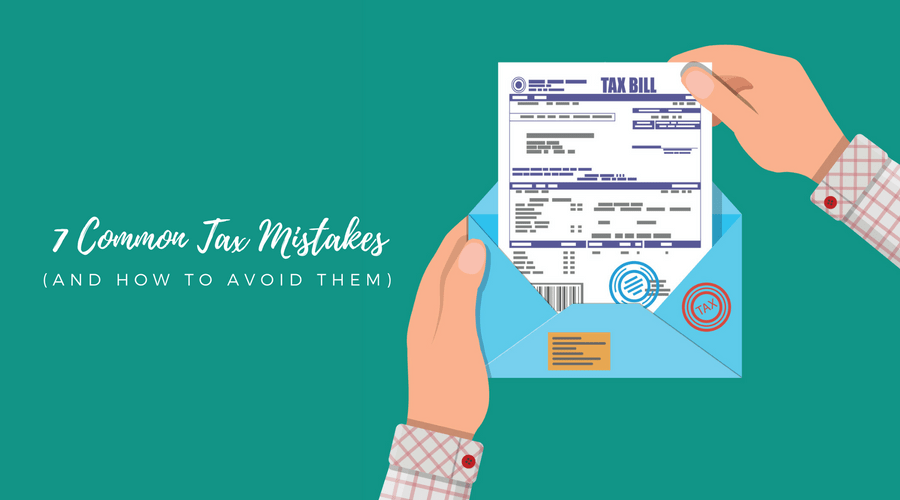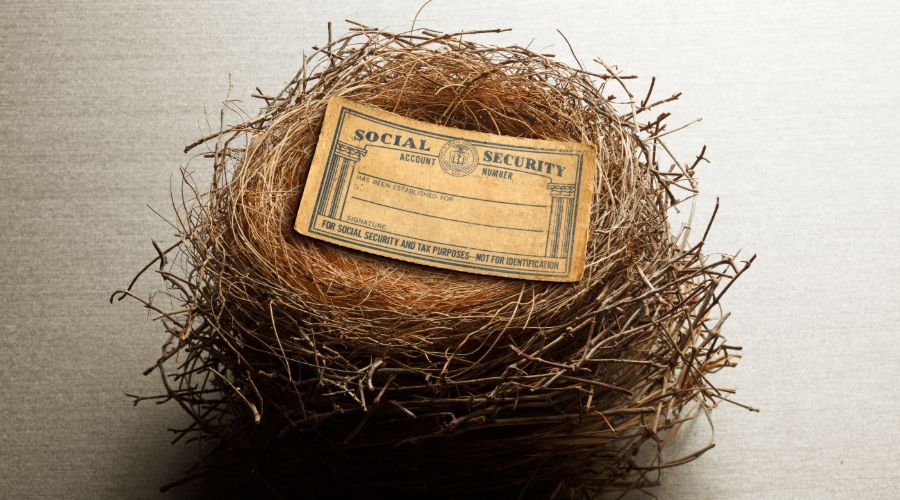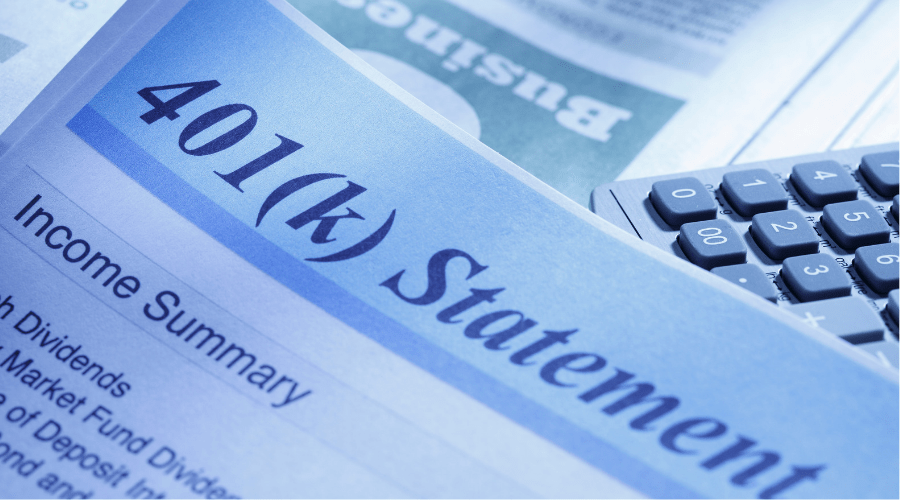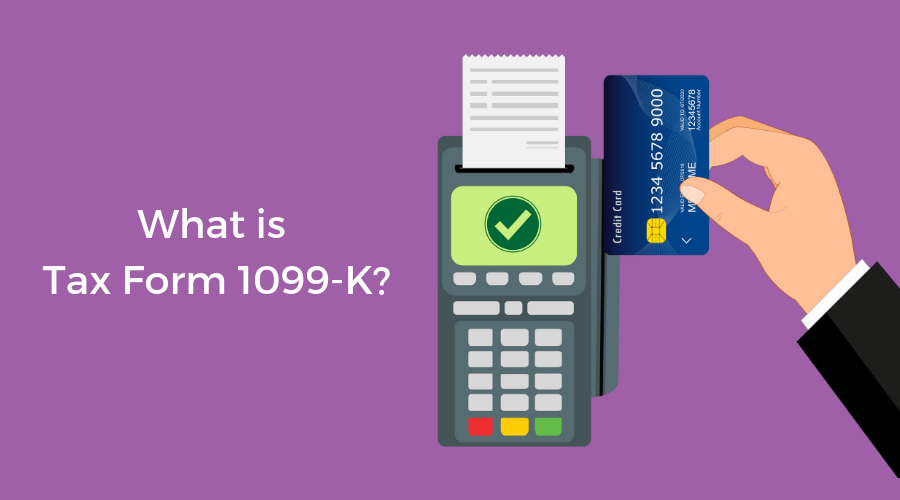7 Common Tax Mistakes (& How to Avoid Them)

It’s tax time again! Making a mistake on your taxes could end up costing you a lot of money. Check out these 7 common tax mistakes that could hurt your small business and learn how to avoid them.
1. Filing Your Return Late
You’ve had April 15th drilled into your head as “Tax Day” your entire working life. But, that’s not the deadline for all tax returns. If your business is an S Corp or a partnership (or an LLC filing as a partnership), your tax return is due on March 15th.
If you file your return late, you could face big penalties from the IRS. You could face a penalty of 5% of what’s owed, up to 25%, if you file your personal taxes late. If you file your S Corp or partnership tax return late, each partner could face a penalty of $195 per month.
How to Avoid It
To avoid a penalty, doublecheck the deadline for your return. If you don’t think you’ll be able to file your return in time, file an extension before the deadline.
2. Not Making Estimated Tax Payments
If you underpay your income taxes by failing to make estimated tax payments during the year, you might be subject to a penalty. Generally, you’ll make estimated tax payments if you expect to owe $1,000 or more when you file your return. Estimated tax payments are due April 15, June 15, September 15, and January 15 (of the following year).
How to Avoid It
To avoid the 4% penalty for underpaying your taxes, doublecheck your estimates every time you make an estimated tax payment.
There are also some safe harbors in place to help you avoid the penalty. To be safe, you could pay 100% of your 2017 tax liability. If you were a higher income taxpayer, then pay 110% of your 2017 tax liability. (You’re a higher income taxpayer if your 2017 adjusted gross income was $150,000 or more.) If you pay that amount, the IRS won’t penalize you, even if you do underpay your 2018 income taxes.
3. Not Filing 1099-MISC or W-2 Forms
If you paid independent contractors more than $600 in 2017, you’re required to file a 1099-MISC by January 31, 2018, if there’s an amount in Box 7. If you paid employees any amount in 2017, you’re required to file a W-2 by January 31, 2018. You’re also required to give copies of the forms W-2 and 1099-MISC to your employees and contractors by January 31.
If you don’t file the forms on time, don’t send copies to the recipients on time, or don’t correct a mistake, you could face some big penalties.
How to Avoid It
To avoid a penalty, file your W-2 and 1099-MISC forms and send them to the recipients by January 31 each year. If you or the recipient notice a mistake, file a correction immediately.
4. Not Depositing Withholding Taxes
If you pay employees, you’re required to withhold income and FICA taxes from each paycheck. You’re also required to deposit that withholding with the U.S. Treasury. If you don’t deposit withholding taxes, you could face the Trust Fund Penalty. Under the Trust Fund Penalty, you could be personally liable for up to 100% of the funds you didn’t deposit.
How to Avoid It
To avoid the Trust Fund Penalty, verify that you have made all required deposits. If you don’t know when you’re supposed to deposit the funds, check with the IRS.
5. Misclassifying Workers (& Their Pay)
In small businesses, it’s common to hire an independent contractor to help you finish a project, but are you sure they aren’t an employee?
If you’re unsure if someone is a contractor or an employee, ask yourself how much control you have over their work. If you control how, when, and where the work is performed (and provide the tools they need), they’re probably an employee, not a contractor. You could be on the hook for a lot of money, if you misclassify an employee.
If you are correctly classifying an independent contractor, make sure you’re not incorrectly classifying their pay. If you classify their pay as labor or payroll and deduct them from your taxes as salaries and wages, you might be taxed more than you should.
How to Avoid It
To avoid making a misclassifying your employees, carefully consider whether they are actually independent contractors or employees. Once you have determined that they are an independent contractor, classify their pay as outside services on your tax return.
6. Contributing Too Much to Your Qualified Retirement Plan or IRA
You want to be all set for retirement, so it’s tempting to put a little extra into your retirement plan or IRA during the good years. Be careful, though, because if you add more than the law allows, you could be penalized with a 6% excess contribution penalty. The penalty will apply every year until you correct the excess.
How to Avoid It
To avoid the penalty, doublecheck what the maximum amount is for your type of retirement plan and carefully calculate your annual contributions. If you discover that you have deposited too much, immediately withdraw the excess to avoid the penalty.
7. Mixing Business & Personal
It seems easier to just pay for all your business and personal expenses with the same credit card or from the same bank account, but it can make things overly complicated for you come tax time. Trying to deduct personal expenses as business expenses (even accidentally,) is a huge red flag for the IRS, so you might be more likely to face an audit.
How to Avoid It
To avoid mixing up your personal and business expenses, keep everything separate. The best way to do that is to have a completely separate business account, but if you do choose to use the same account, make sure you keep an accurate record of each and every business expense.


